Search Our Collections
Our collections contain rare and unique library materials and archives that include posters, photographs, texts, sound recordings, moving images, and art and memorabilia.
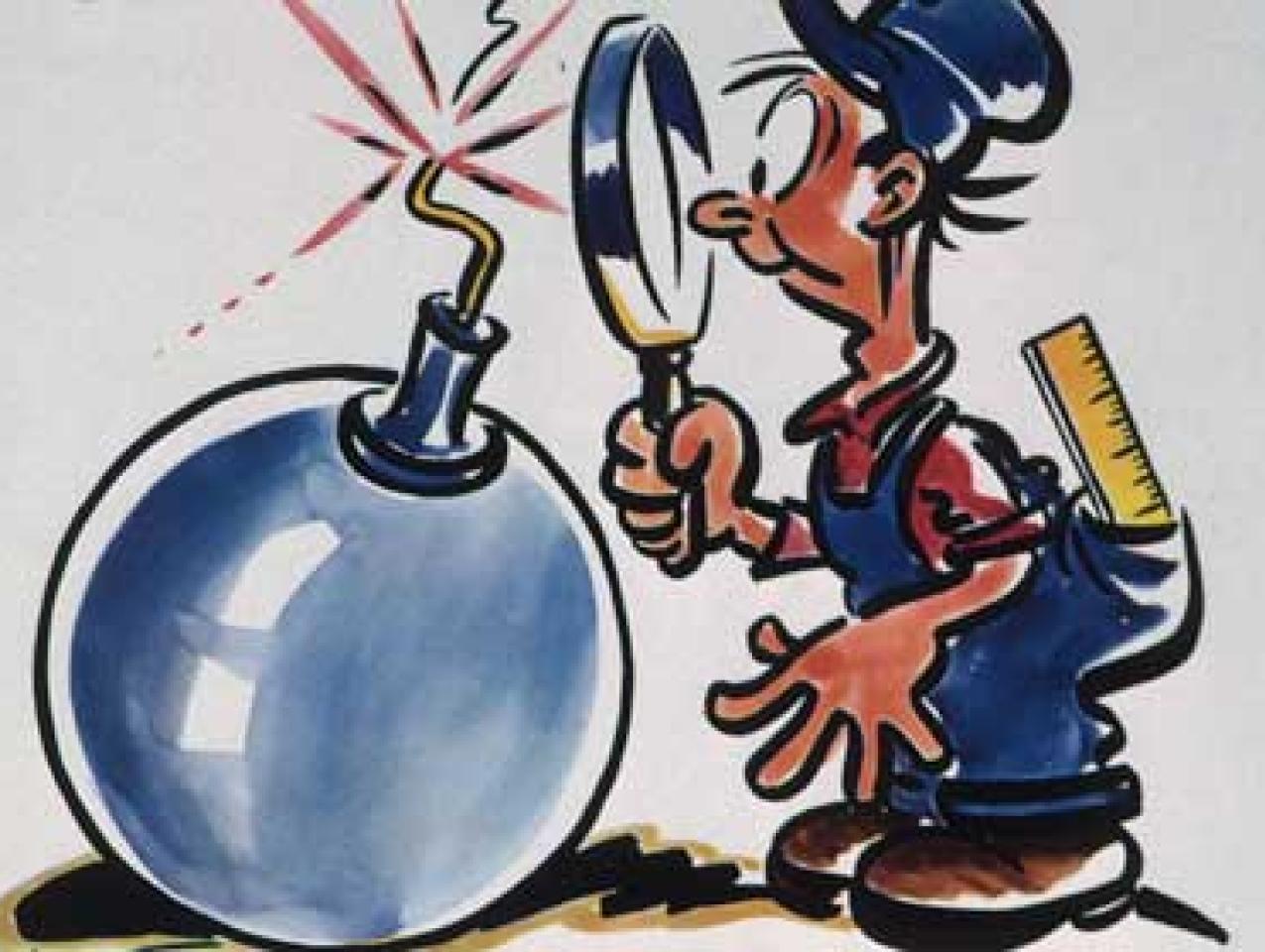
Documenting war, revolution, and peace, along with political, social, and economic change in the modern era, our collections come from across the globe and in many formats and languages. Search and discover rare materials from all political persuasions which highlight a spectrum of voices and experiences that shaped the 20th and 21st centuries. Personal papers form the bulk of our collections, however we also have extensive photographica, digital records, rare publications, and other formats spanning roughly 30 miles of shelving and evergrowing terabytes of data.
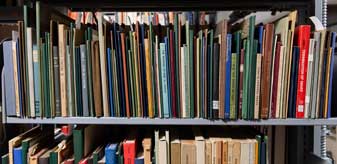
Collecting Areas
Our curators oversee and actively acquire collections which currently originate from 171 countries.
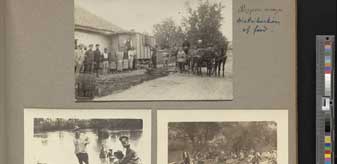
Featured News

Hoover Opens 30+ Exclusive Interviews With Cheney, Powell, Shultz, And Other Key Foreign Policy Leaders
More than thirty interviews with prominent political figures including Dick Cheney, Colin Powell, George Shultz, and Brent Scowcroft from journalist James Mann's collection are now open for research. They offer first hand accounts of high-level decision-making during pivotal moments in American foreign policy, including the lead-up to the Iraq War.

News
Hoover Acquires Rare Materials Related To Mengjiang United Autonomous Government, A Puppet Regime Sponsored By The Japanese During World War II
Established in Inner Mongolia during World War II, the Mengjiang United Autonomous Government collection includes a unique photo album of Prince Demchugdongrub's 1941 state visit to Tokyo and manuscripts by the regime's supreme political advisor, offering new insights into Japan's wartime occupation strategy in China.

News
Fighters of Both Hot and Cold Wars: Hoover Acquires Personal Papers of Nationalist Chinese Military Leaders
The personal papers of Liu Shun-yuan, Cheng Sung-ting, and Fred Wu-O Chiao, who fought on the pre-1949 Nationalist Chinese mainland and served in the military in post-1949 Taiwan for the Republic of China (ROC), are now at Hoover.

News
Hoover Acquires Wartime Journals Of Imperial Japanese Navy Captain Shimoda
These materials contain firsthand accounts of Pacific War carrier operations - from Pearl Harbor to Tinian - including original maps and rare reflections from inside Japan's naval air forces.

Hoover Acquires The Archives Of Award-Winning Biographer Heath Hardage Lee
This collection offers insights into the craft of modern biography, the recovery of women’s voices in American political history, and the transformation of archival evidence into public knowledge.

News
Hoover Acquires Family Papers Of Yang Yongtai, An Influential Bureaucrat In Chiang Kai-shek’s Regime
Donated by Yang's descendants, these rare materials include family photographs and personal papers that shed new light on leadership, politics, ideology, and conflict in Republican China during the 1930s.
Featured Collections
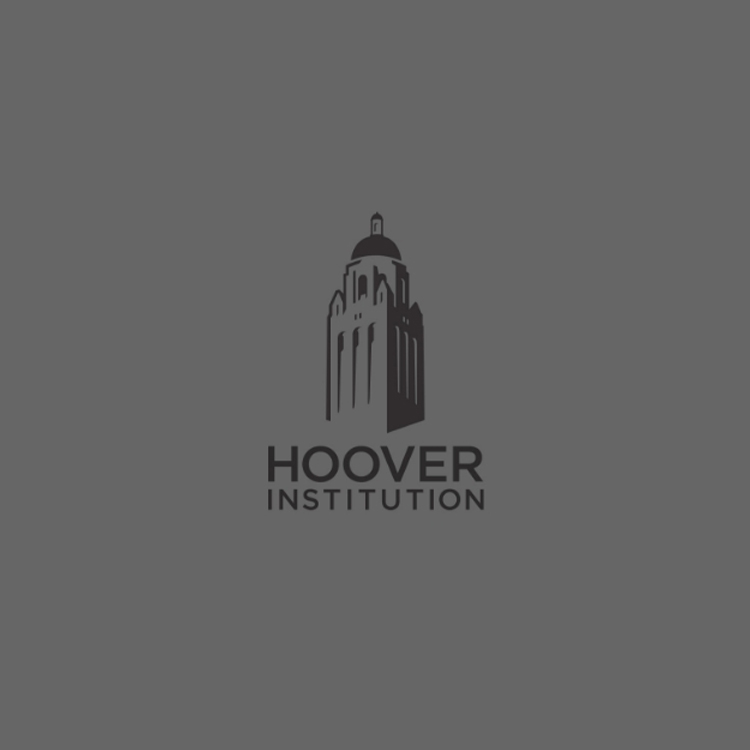
Japan and Japanese Diaspora Collections
These collections focus on social, political, and economic change from the Meiji (1868–1911) to post–World War II reconstruction (1945–52) periods in Japan and overseas Japanese communities.

Ukraine Collections
Covering the emergence and development of Ukraine as an independent state since 1991, as well as earlier periods.
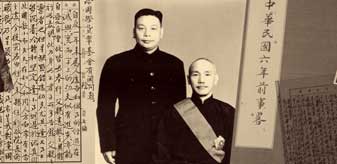
Chiang Kai-shek & Chiang Ching-kuo Diaries
The Hoover Institution has been helping preserve the handwritten diaries of Chiang Kai-shek and his son Chiang Ching-kuo since Chiang family members deposited them at Hoover in 2005.
Policies & Practices
We continue to advance Herbert Hoover’s mission by fulfilling our strategic priorities of acquiring important historical collections on war, revolution, and peace. Our collections deal in subjects that encompass a broad range of human experiences. Policies and practices are in place to ensure that materials are cared for and made available for their ongoing use. Learn more about collection donations, description, digitization, preservation practices, and potentially harmful language and visual materials.




